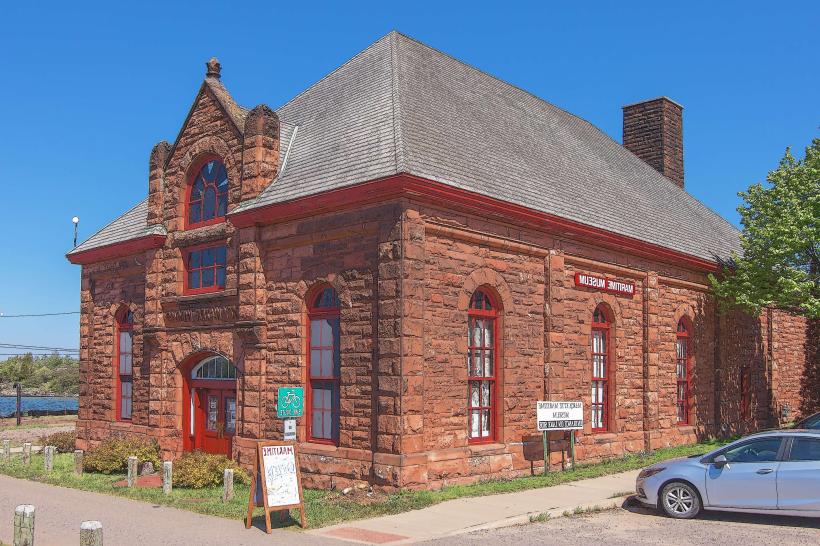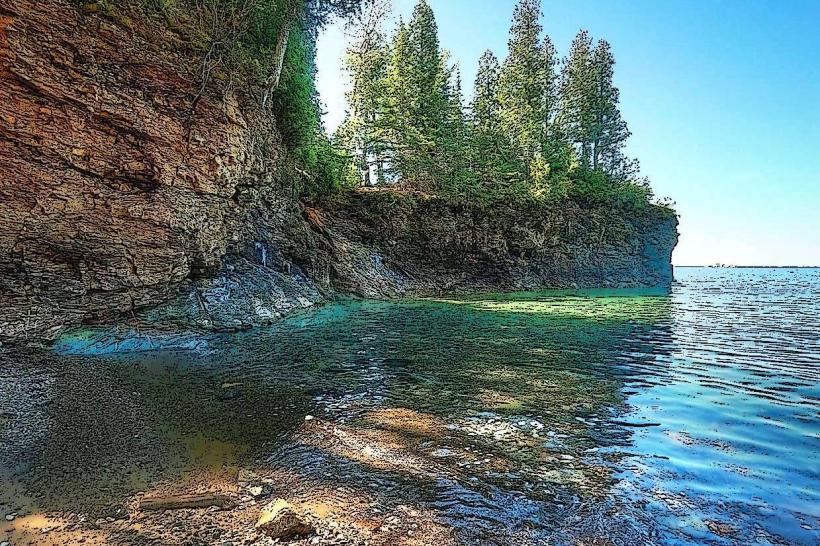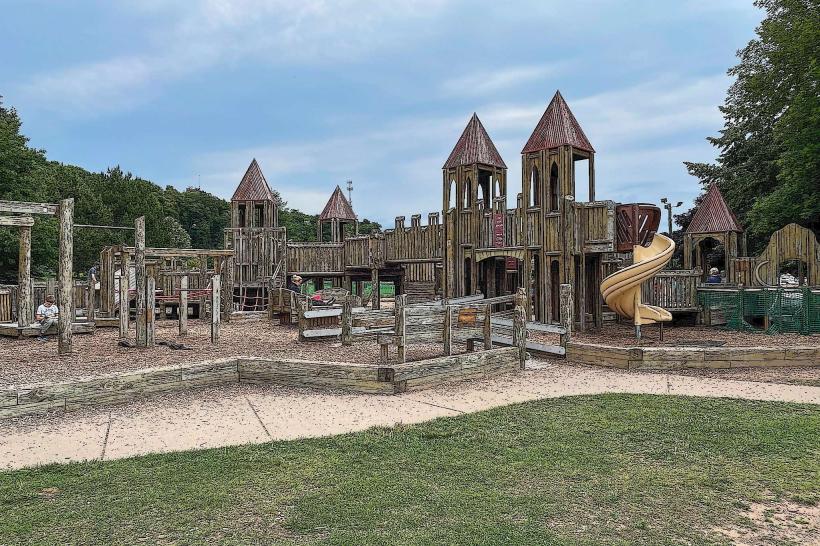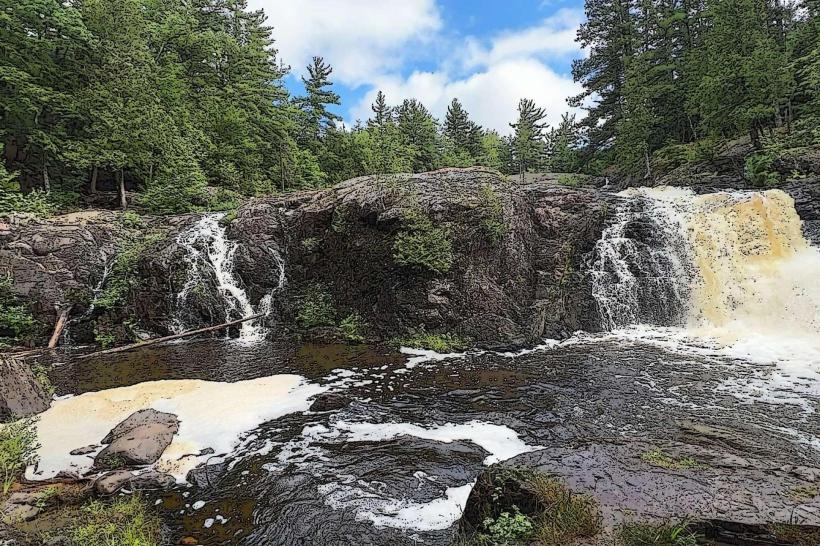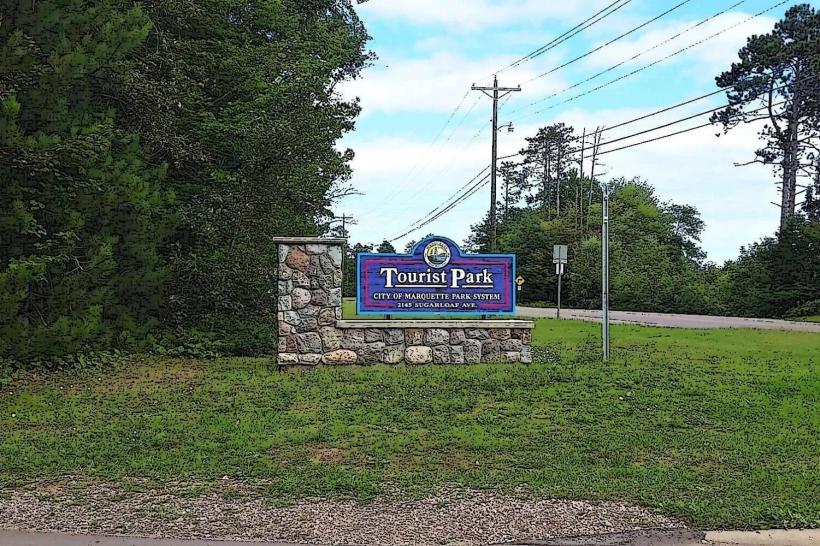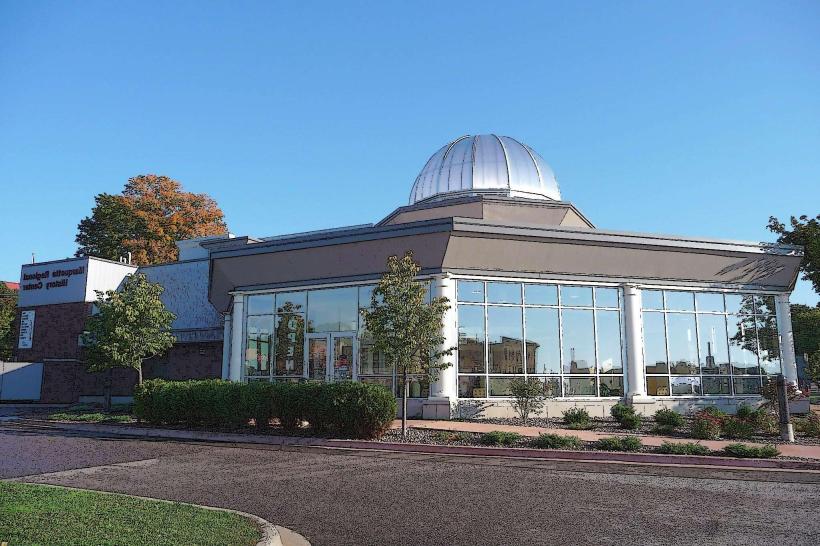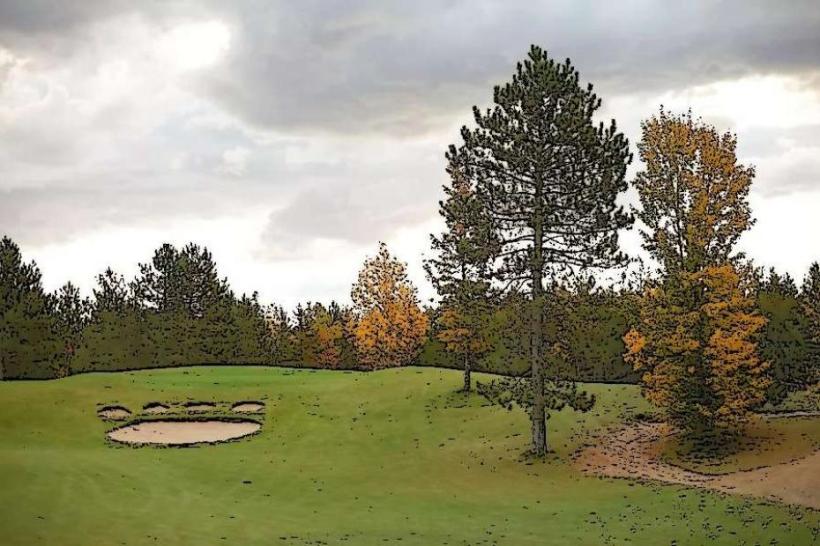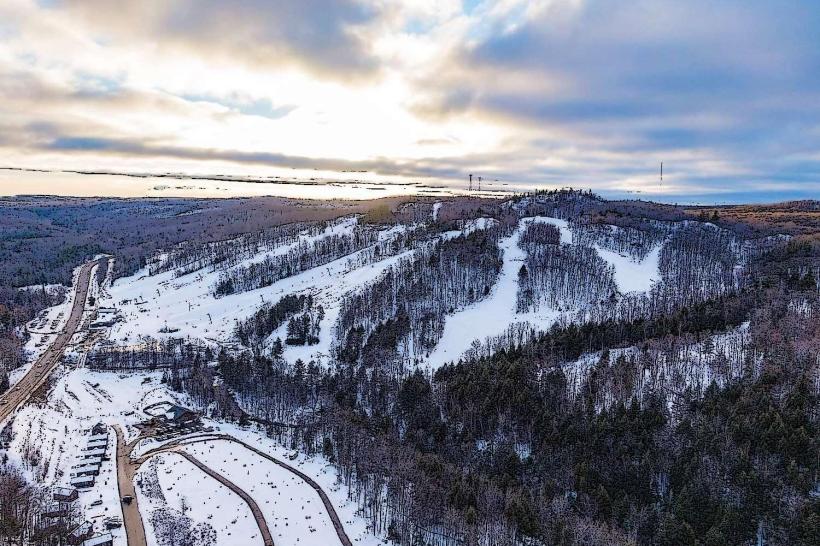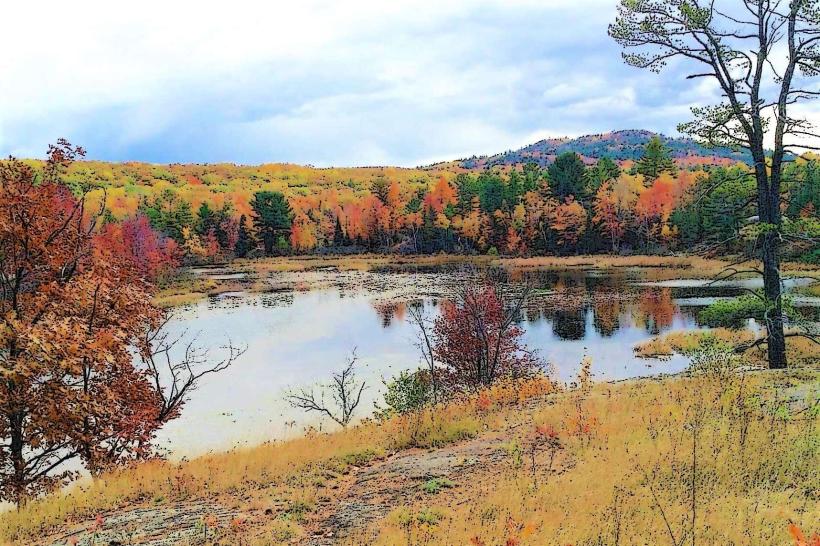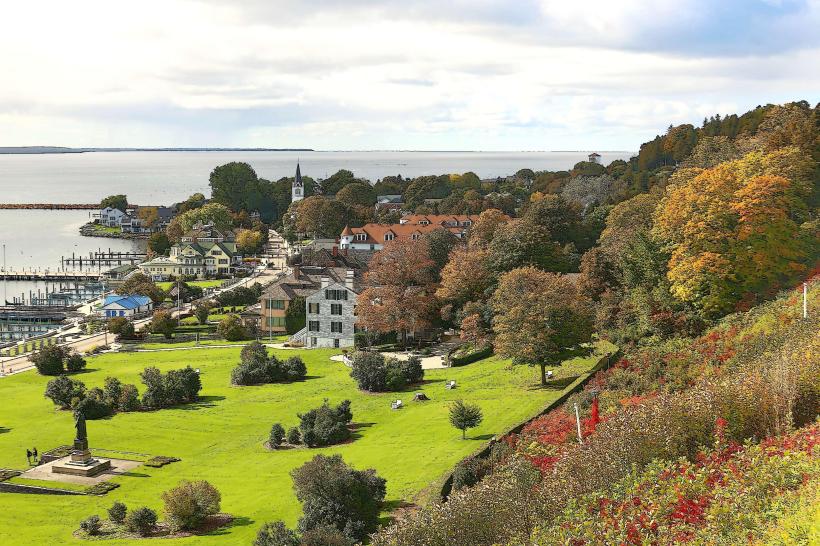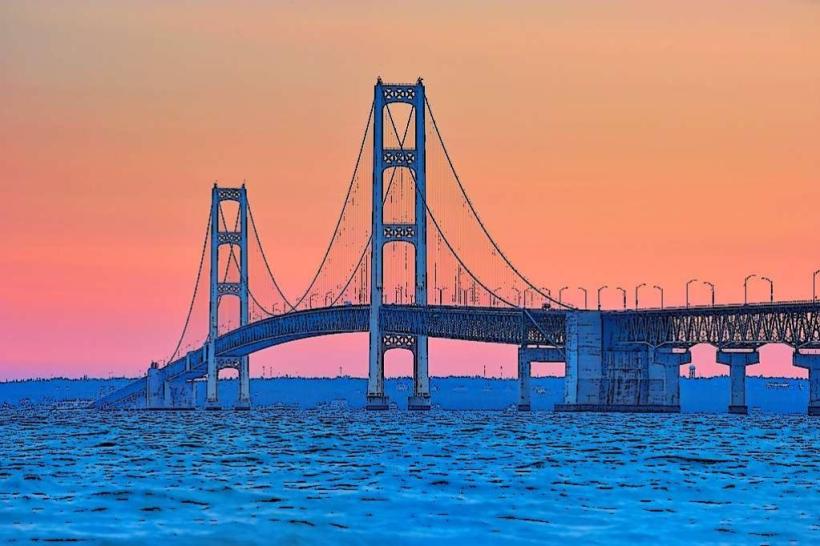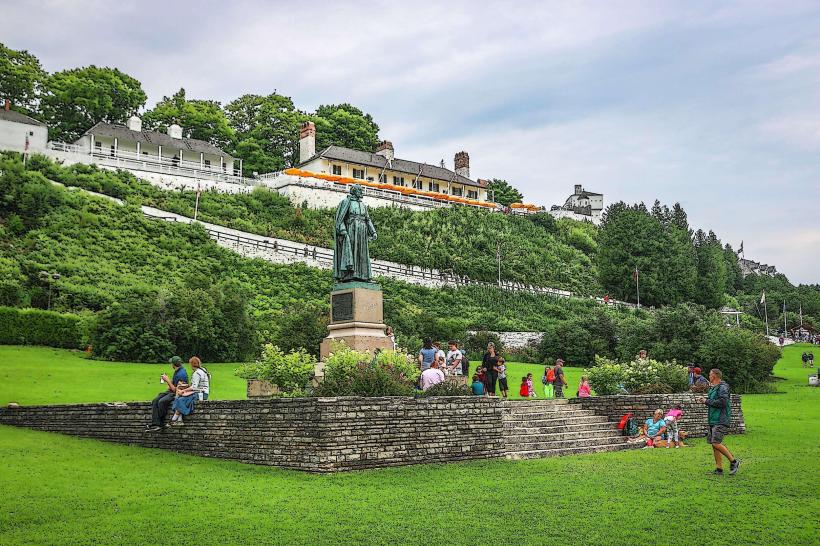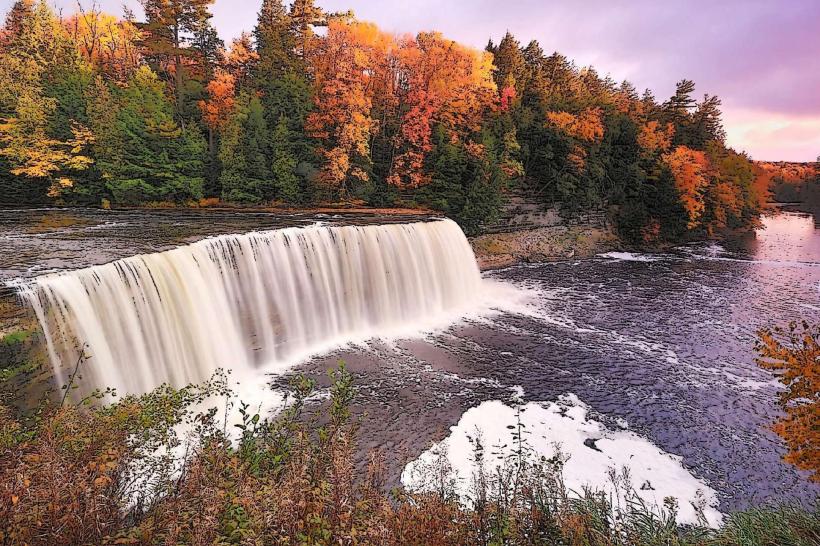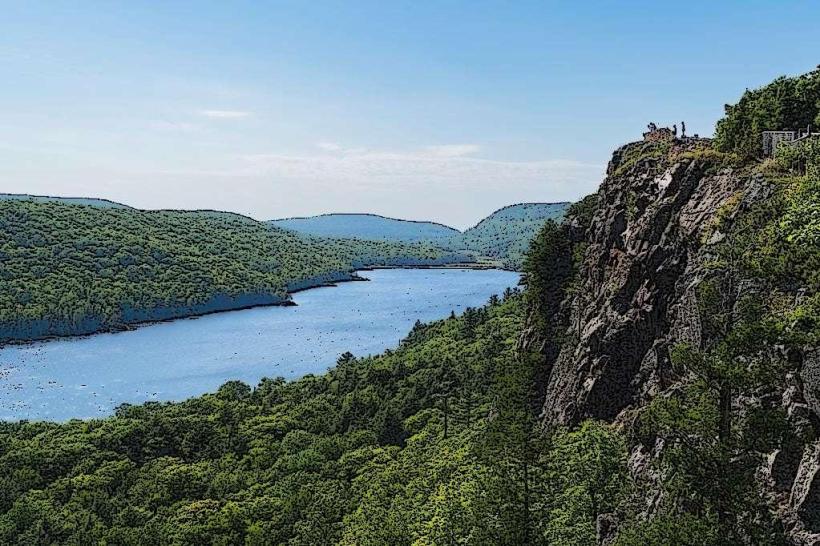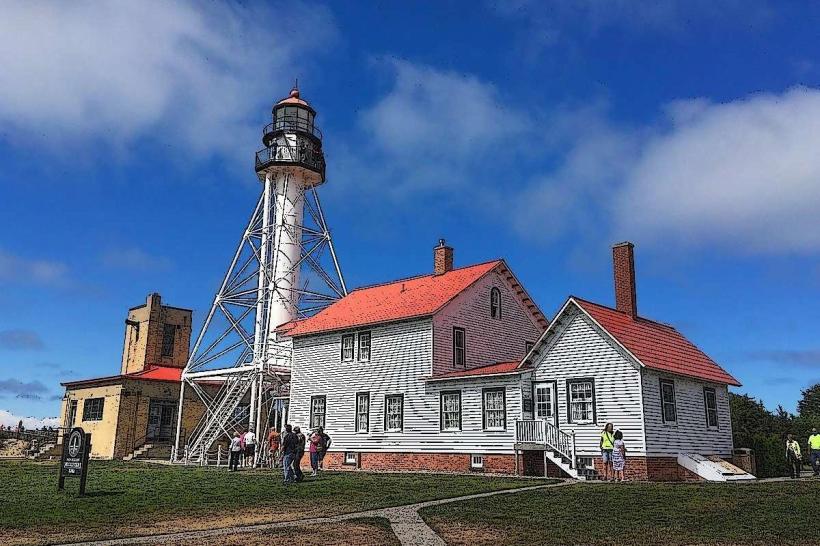Information
Landmark: Northern Michigan UniversityCity: Marquette
Country: USA Michigan
Continent: North America
Northern Michigan University, Marquette, USA Michigan, North America
Northern Michigan University (NMU) is a comprehensive public university located in Marquette, Michigan, that has grown significantly since its founding in 1899. As the largest university in Michigan’s Upper Peninsula, NMU plays a critical role in regional education, economic development, and cultural life. It offers a broad spectrum of academic programs, extensive campus facilities, and a strong emphasis on community engagement and experiential learning.
Historical Background
NMU began as Northern State Normal School in 1899 with a focus on training teachers for the region. Over the decades, it expanded its mission and curriculum, undergoing several name changes: Northern State Teachers College in 1927, Northern Michigan College of Education in 1942, and Northern Michigan College in 1955. The institution officially became Northern Michigan University in 1963 after the Michigan state constitution recognized it as a university. This transformation marked the beginning of a diversified academic institution offering degrees beyond teacher education.
Academic Structure and Programs
NMU currently offers more than 180 undergraduate, graduate, and doctoral programs across five academic divisions:
College of Arts and Sciences: This division includes disciplines such as biology, chemistry, physics, environmental science, humanities, social sciences, and performing arts. Its programs emphasize both theoretical knowledge and practical research, leveraging the university’s proximity to natural resources like Lake Superior for field studies and ecological research.
College of Business: Accredited by AACSB International, the business college offers programs in accounting, finance, marketing, management, and information systems. These programs integrate classroom learning with internships, entrepreneurship opportunities, and connections to regional industries.
College of Education: Known for producing qualified teachers and educational leaders, the college emphasizes hands-on learning through partnerships with local schools. NMU prepares students for certification in elementary, secondary, and special education fields.
College of Health Sciences and Professional Studies: This division covers nursing, social work, occupational therapy, and other health-related programs. The nursing program offers both Bachelor and Master of Science degrees, with clinical placements in local hospitals and clinics.
College of Technology and Applied Sciences: Focused on engineering technology, computer science, and aviation, this college combines technical expertise with real-world applications. The aviation program includes flight training and maintenance education.
Campus Facilities
NMU’s 360-acre campus is well-equipped with modern facilities designed to support academic, athletic, and cultural pursuits:
Superior Dome: The world’s largest wooden dome, the Superior Dome hosts football games, track and field events, and community gatherings. It is an iconic symbol of the university and region.
Berry Events Center: A multi-purpose arena seating over 4,000 spectators, the Berry Center is home to NMU’s hockey and basketball teams and hosts concerts and other large events.
Seaborg Science Complex: Named after Nobel laureate Glenn T. Seaborg, this complex houses laboratories and classrooms for the natural and physical sciences, emphasizing research and innovation.
DeVos Art Museum: The largest university art gallery in the region, it offers rotating exhibitions and cultural programs that enrich campus life.
Physical Education Instructional Facility (PEIF): Featuring pools, fitness centers, and courts, the PEIF supports both athletic teams and recreational activities for students and the community.
Student Life and Community
With approximately 7,000 students, NMU fosters a tight-knit campus community. The university promotes inclusivity and engagement through more than 150 student organizations, Greek life, and leadership programs. Outdoor enthusiasts benefit from the university’s proximity to Lake Superior, with easy access to skiing, hiking, kayaking, and biking. The university organizes events and volunteer opportunities that connect students with local residents, strengthening ties between campus and community.
Athletics
NMU’s athletic teams, known as the Wildcats, compete primarily in NCAA Division II, with men’s ice hockey in Division I. The Wildcats have a proud history, winning national championships in football, men’s hockey, and women’s volleyball. Athletic facilities support competitive sports as well as intramural and recreational programs.
Financial Aid and Accessibility
NMU offers competitive tuition rates, with in-state tuition around $13,000 and out-of-state tuition near $19,000 per year, complemented by robust financial aid programs. Approximately 95% of students receive some form of scholarship, grant, or loan assistance. The university also provides payment plans and support services to promote affordability and access.
Regional Impact and Future Outlook
Northern Michigan University serves as an educational and economic anchor for the Upper Peninsula. Its commitment to applied research, community engagement, and workforce development continues to grow, making NMU a vital institution for the region’s future. It strives to balance its historic roots in teacher education with expanding opportunities in STEM, health sciences, business, and the arts.
Overall, NMU blends tradition and innovation, offering a well-rounded collegiate experience amid the natural beauty of Michigan’s Upper Peninsula. It supports academic excellence, inclusivity, and active community participation, making it a central pillar of education and culture in the region.

